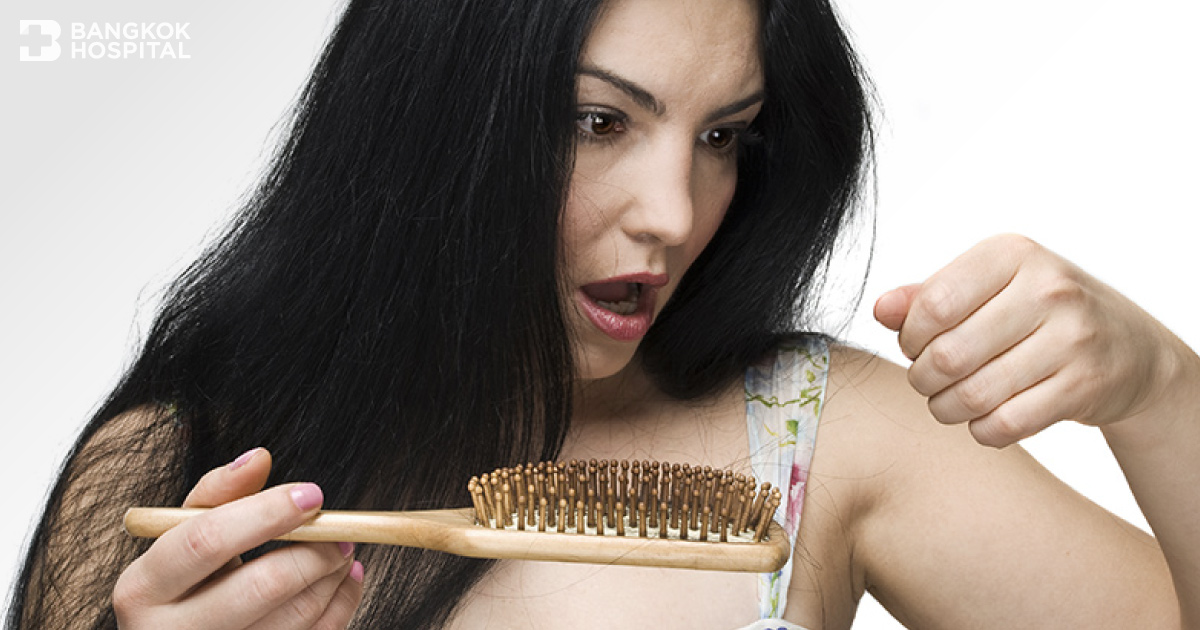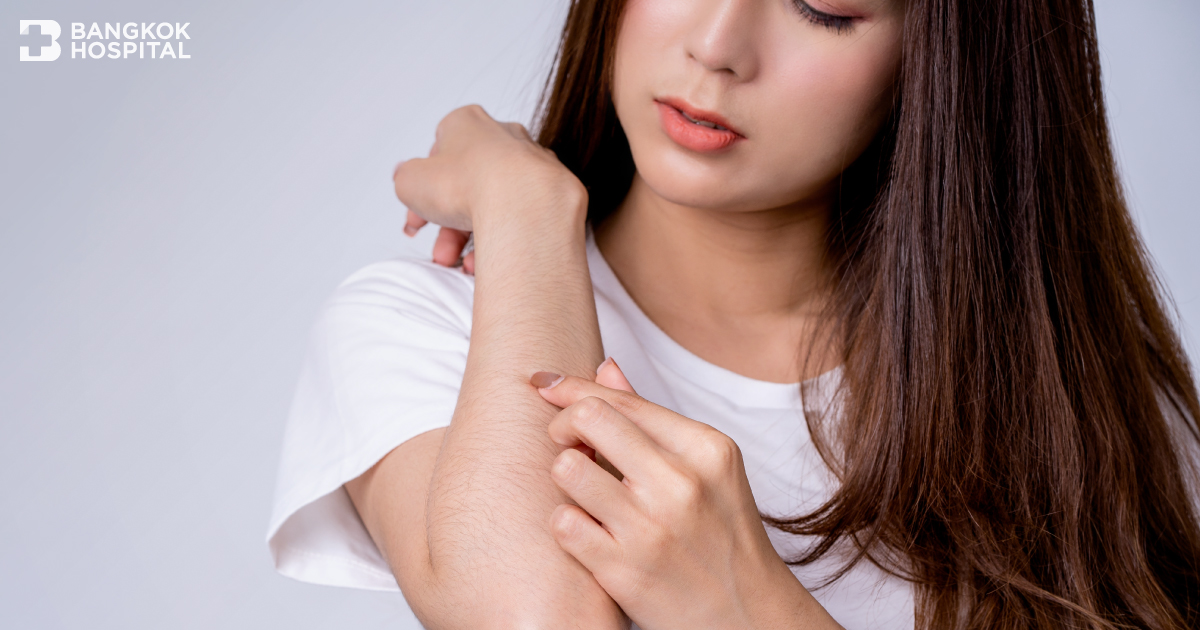When should Hair Loss be taken seriously?
Stages of hair growth can be categorized into the growing, resting, and transition phases. Under normal circumstances, it is possible to lose anywhere between 120-160 strands of hair a day. If you experience excessive hair loss it can be an indication of an abnormality within the scalp, symptoms of which may include itchiness, redness, flakes, and pus. If you experience any of the aforementioned a visit to a specialist is recommended.
Thinning of Hair can be caused by a Number of Factors
Physical Aspects
Hair loss can be caused by thyroid problems, specifically excessive or redundant function of the thyroid glands. It can be also be caused by allergic reactions, a preexisting skin condition that may disrupt hair growth or lead to infections of the scalp that may be bacterial or viral. These can stem growth and cause excessive hair loss. Once causes are identified and treated hair growth can slowly be restored to a normal rate.
Certain Medication and Supplements may contribute to Hair loss
These may include medication for cholesterol, acne medication that contain artificial vitamins, cancer medication, immunotherapy medication, arthritis medication, stress medication, and certain types of hypertension medication. Hair loss can also be caused by over-consumption of certain vitamins that your body does not require. Normal hair growth can(and loss) often be restored once consumption of these medication or vitamin supplements are ceased.
Can Stress Contribute to Hair Loss?
Our hair is definitely sensitive to our emotional state.
- Stress for the hair – can refer to physical stress such as injury, trauma, use of certain hair products, dying hair color with chemicals, perming or straightening the hair. Excessive exercise, long-distance traveling, can also be contributing factors to hair loss.
- Emotional stress such as worry is a major cause of chronic hair loss and can be difficult to remedy. Many individuals may also be directly contributing to their hair, but without being aware of doing so. loss This is a common in children and teens who experience stress. This “pulling” can cause permanent scalp damage and can be difficult to treat.
*Therapy may require a combination of a hair loss specialist and a psychologist, who can help the afflicted individual to develop healthier strategies for dealing with stress.
Nutrition can lead to hair thinning and hair loss
Drastic weight loss can lead to hair loss, as well as worry or stress caused by obesity. Malnutrion can also contribute to weakened hair strands. Iron has shown to facilitate hair growth and can be found in meat, eggs, milk, green leafy vegetables, and certain seeds. Iron deficiency can lead to hair loss as well as other symptoms such fragile nails and weariness.
Thinning Hair as a Result of Genetics
- Thinning hair and hair loss can be attributed to genetics and will take effect as an individual reaches a certain age. This hereditary factor will come directly from a family member and is prevalent in 50% of men and 70% of women once they reach a certain age.
- This genetic disposition is caused by sensitivity to a hormone referred to as DHT (dihydrotestosterone) which is responsible for hair follicles to become smaller and smaller, eventually no longer producing hair.
- For hair loss caused by genetics there are numerous treatment methods. Advice and long-term treatment plan by specialists may include some of the following:
- Medication to counter the DHT hormone and return hair follicles to their original size. This is especially effective in hereditary hair loss in men. Patients should become informed of the side effects of medication prior to consumption.
- Hair stimulating medication that is applied as a lotion whilst providing the same benefits as oral medication. This method is safe, has few side effects, and can be effective for both men and women.
- Follicular transfer is also an effective way to remedy hair loss. This includes transferring hair roots to desired areas. There are numerous methods and technologies that may be appropriate for different patients, the selection of one should be under the consultation of a specialist.
- Synthetic hair transplantation is a method that is highly popular in Japan. However, it has been found to have negative side effects and complications such as a pulled back scalp and color changes. Often, after this process other treatment methods were required.
- Usage of hair fibers that are of the same color as original hair can provide a thick and lustrous hairline.
- Wearing a hair piece is an affordable and effective method that can be considered.
There are a number of health conditions that may contribute to hair loss, such as anemia and autoimmune diseases. Therefore, a regular health check-up is always recommended.






